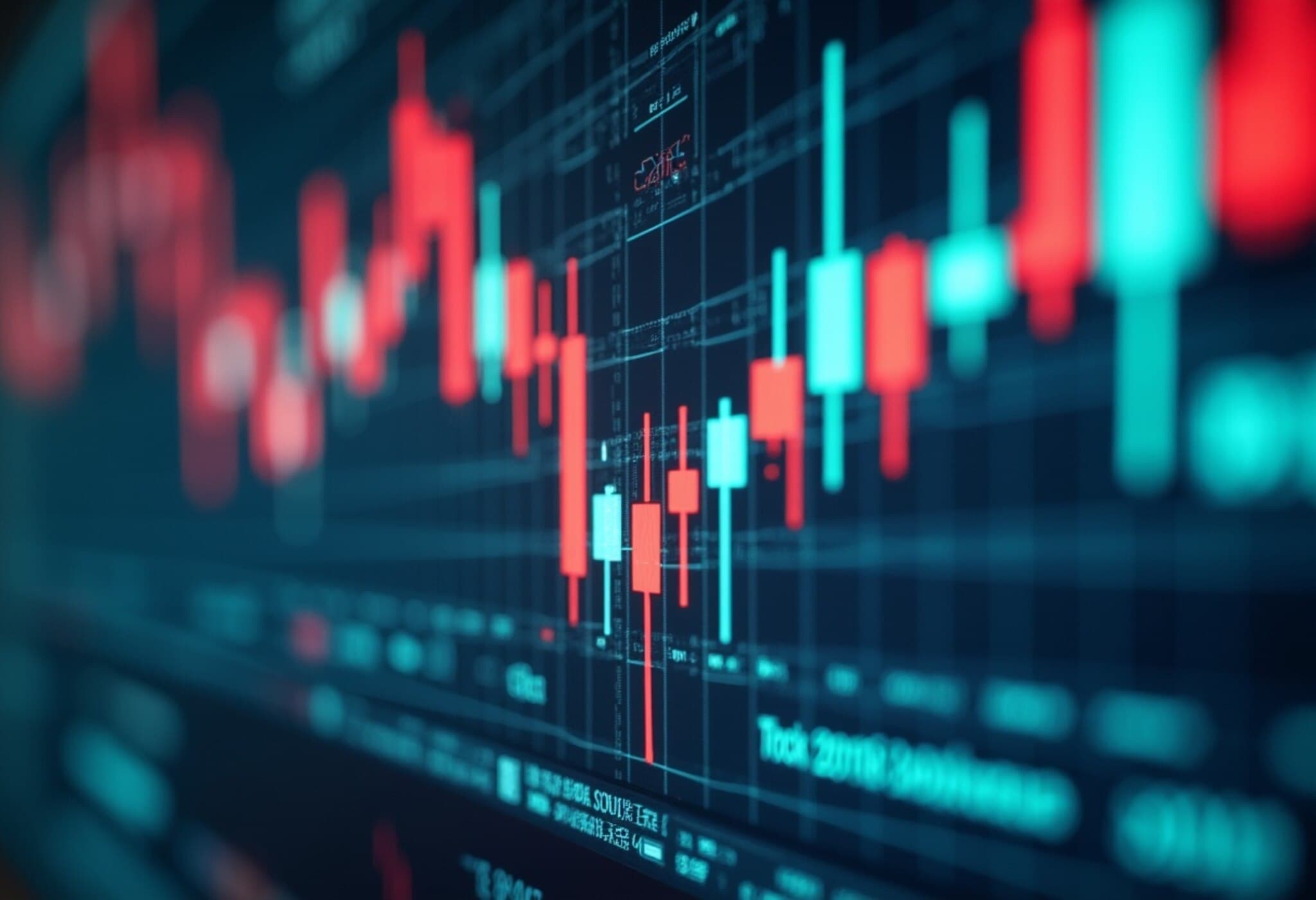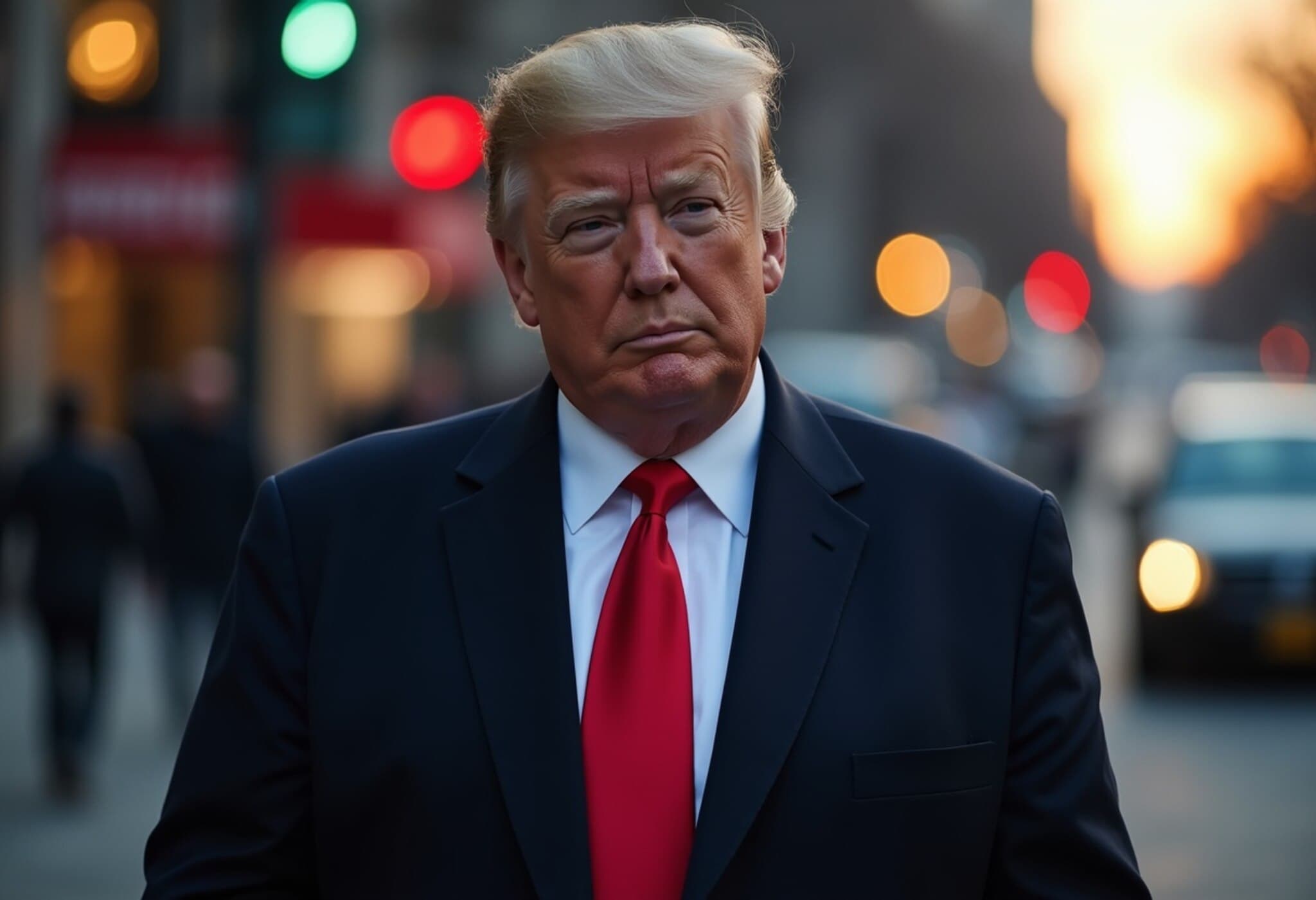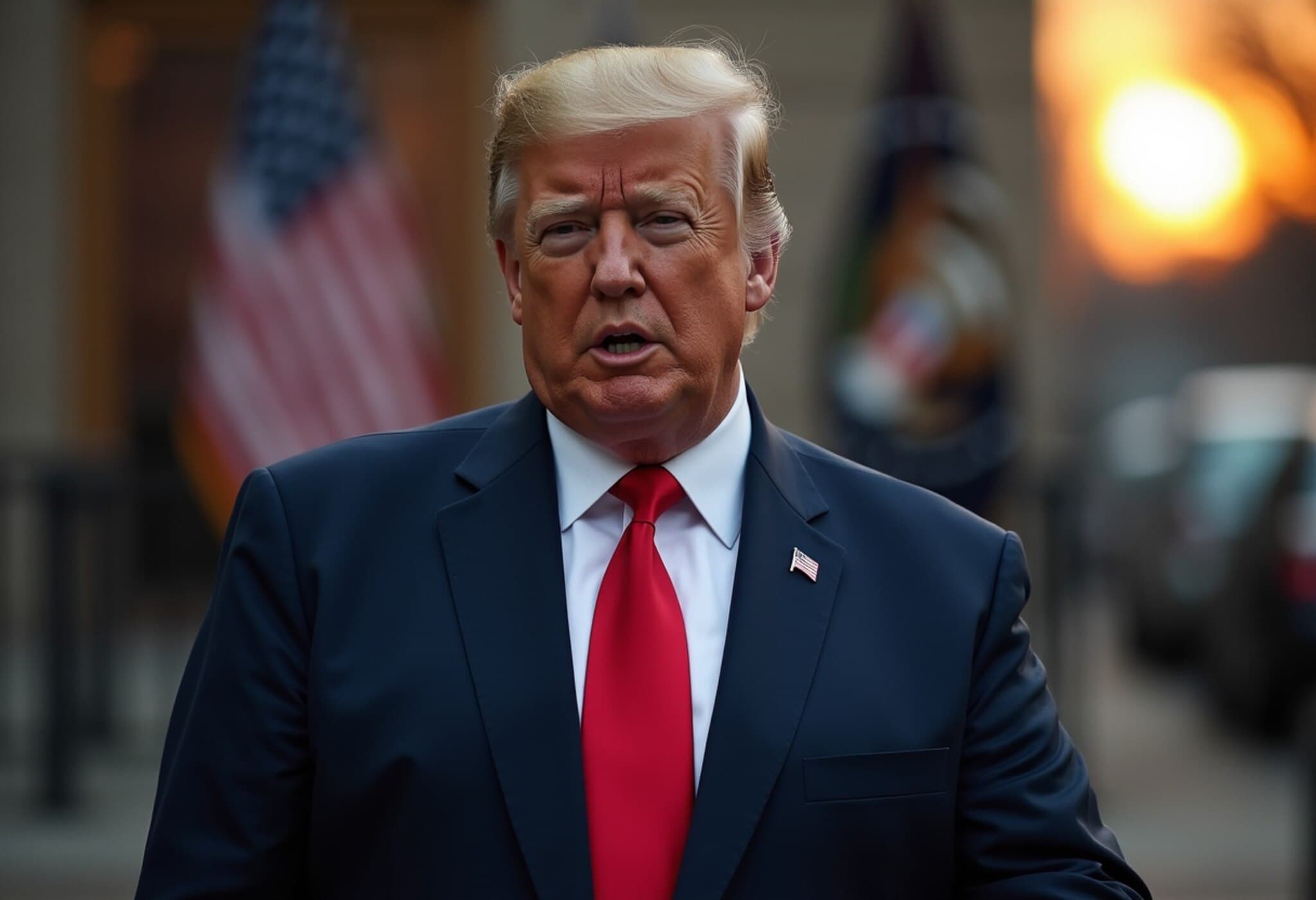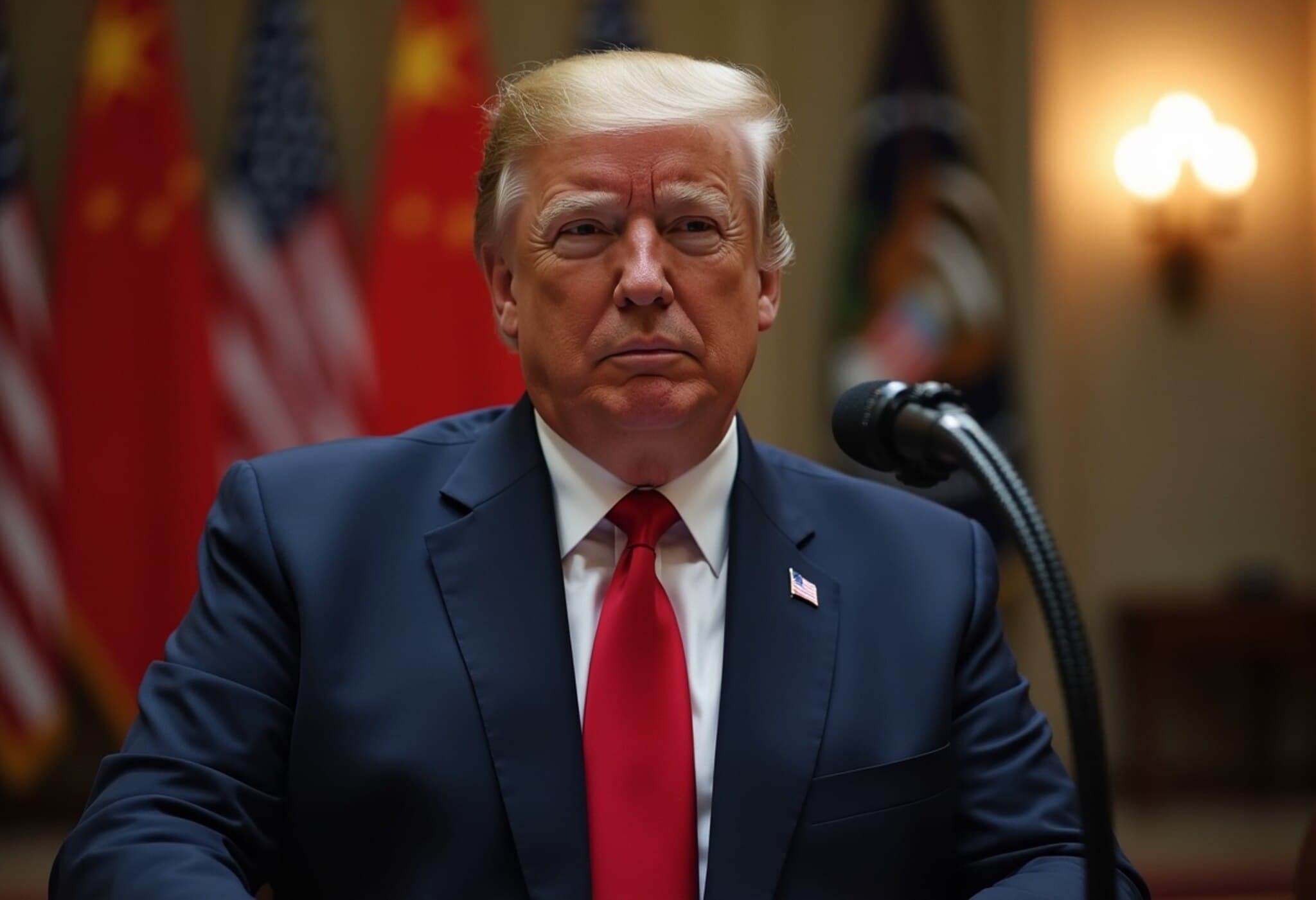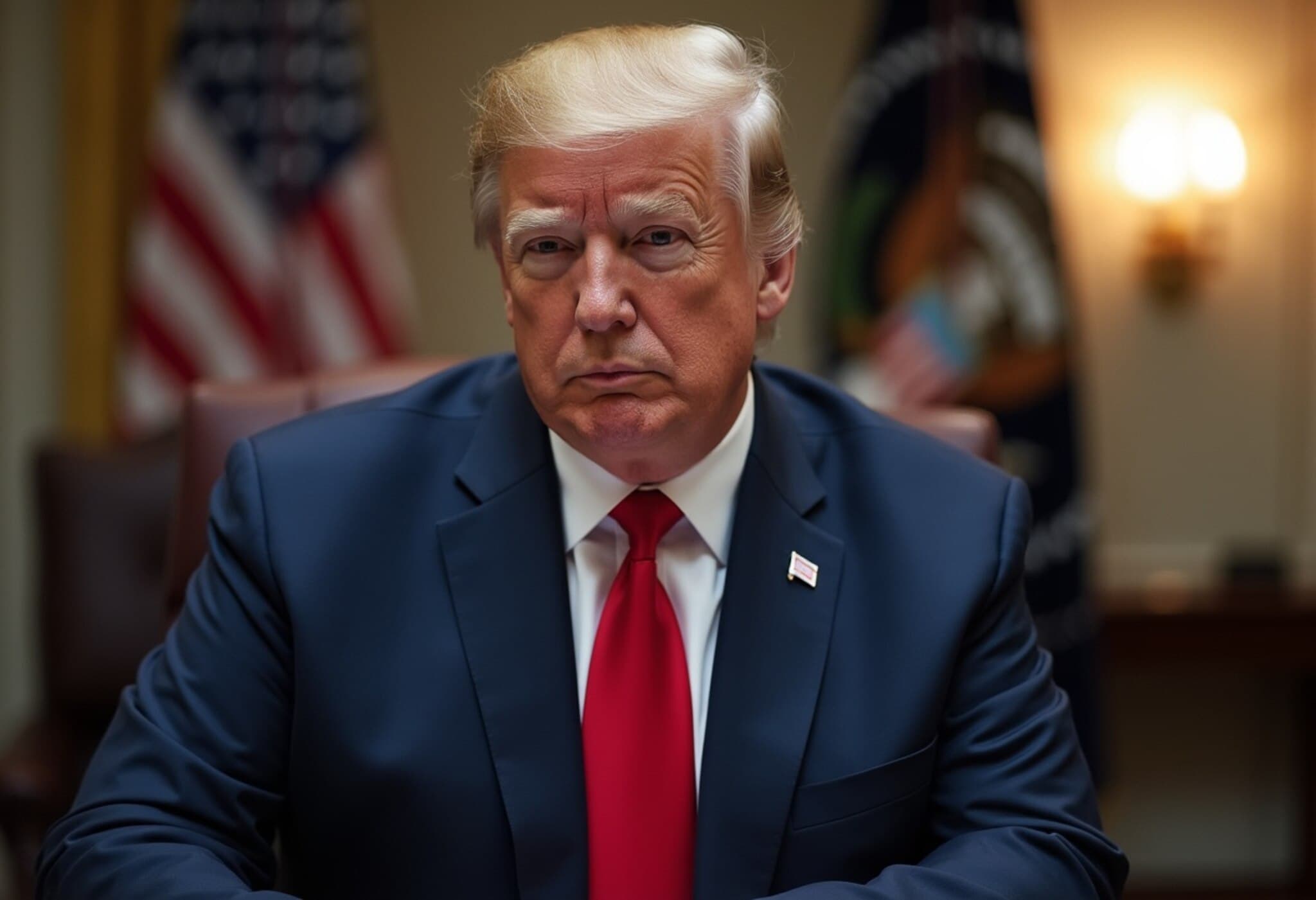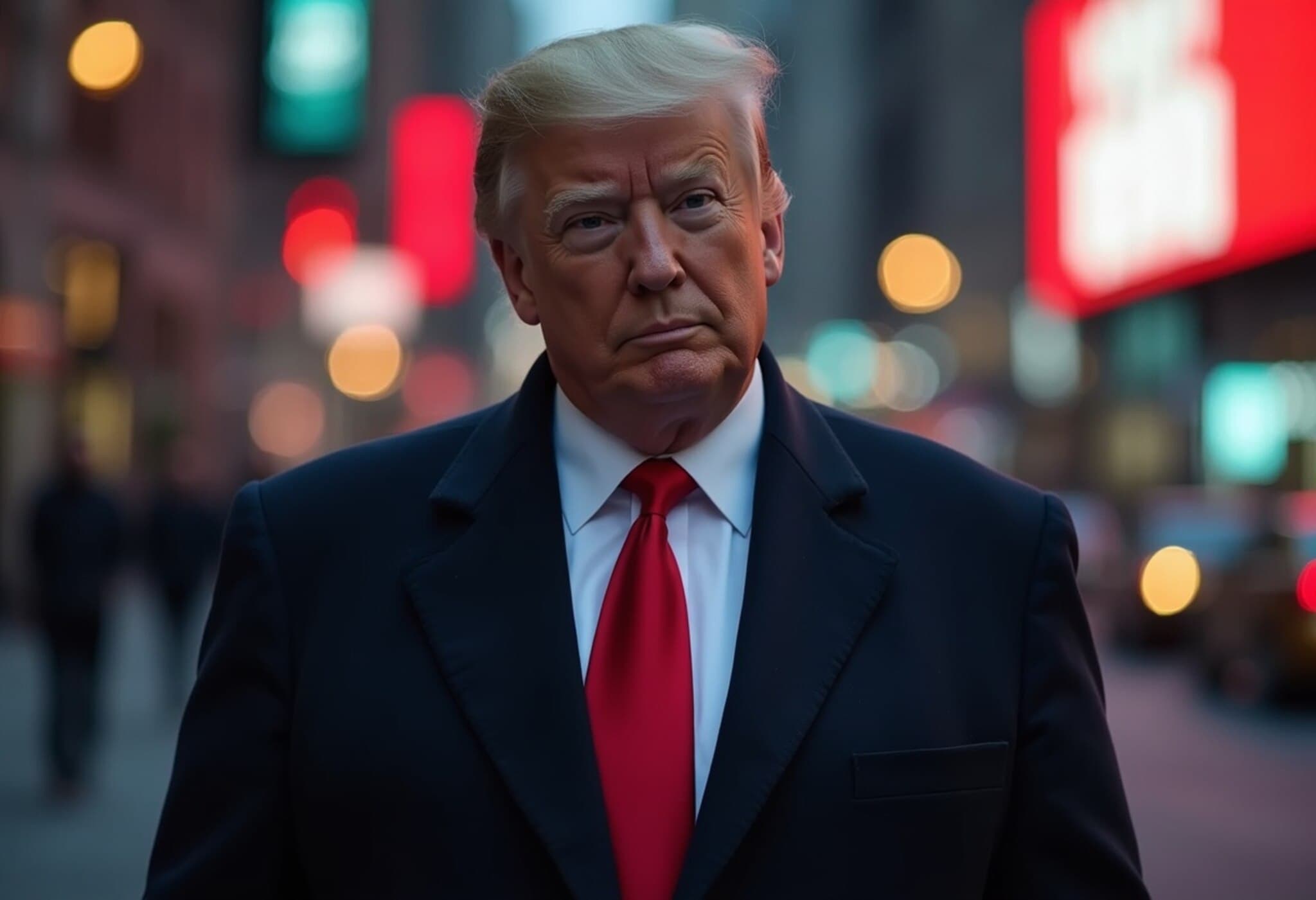Commerce Secretary Lutnick Signals TikTok Could Disappear from U.S. Without China’s Consent
In a stark announcement that highlights the escalating tension surrounding data security and foreign control over social media platforms, U.S. Commerce Secretary Howard Lutnick declared on July 24, 2025, that the popular video-sharing app TikTok may soon become inaccessible to American users unless China agrees to cede greater control to the United States. This dramatic warning underscores the high stakes in the ongoing negotiations between American regulators and TikTok’s Chinese parent company, ByteDance.
The Heart of the TikTok Controversy: National Security and Control
Since 2024, TikTok’s presence in the U.S. has been precarious. Congressional concerns revolve around potential Chinese government access to Americans’ personal data and the possibility of content manipulation on a platform with over 100 million users nationwide. In response, Congress passed legislation aiming to either force ByteDance to relinquish ownership of TikTok’s U.S. operations or face a complete ban.
Secretary Lutnick’s comments on CNBC’s "Squawk on the Street" made clear the administration’s stance: "We've made the decision. You can't have Chinese control and have something on 100 million American phones," he stated emphatically.
Timeline Challenges and Political Maneuvering
President Donald Trump has extended the deadline for ByteDance’s divestiture multiple times, with the latest extension pushing the deadline to September 17, 2025. The clock is ticking for ByteDance to negotiate a deal that puts the app’s U.S. technology—including its complex algorithm—under American stewardship.
“Basically, Americans will have control. Americans will own the technology. Americans will control the algorithm. That's something Donald Trump is willing to do,” Lutnick confirmed, framing this move as a step toward safeguarding U.S. digital sovereignty.
Dealmakers and Market Uncertainties
Negotiations have been fraught with challenges. Reports indicate private equity giant Blackstone recently withdrew from a consortium bidding to acquire TikTok’s U.S. operations, signaling skepticism or complications within prospective buyer groups. Meanwhile, Trump revealed plans involving a “group of very wealthy people” poised to purchase the platform, though details remain sparse.
If China refuses to approve any divestiture agreement, Commerce Secretary Lutnick cautioned that “TikTok is going to go dark.” This raises critical questions about millions of Americans potentially losing access to one of the nation’s most popular social media outlets overnight.
Broader Implications: Digital Sovereignty in a Globalized World
This unfolding saga goes beyond a single app. It spotlights the complex interplay between technology, geopolitics, and privacy in an era where digital platforms are powerful conduits of culture and influence. TikTok’s situation challenges the U.S. government and private sector to develop balanced solutions that defend national interests without stifling technological innovation or alienating users.
Experts suggest that the TikTok conundrum could set precedents for how the U.S. manages other foreign-owned digital platforms, amplifying ongoing debates about data localization laws, international tech governance, and the future of internet openness.
What’s Next?
- September 17, 2025: ByteDance’s divestiture deadline.
- Potential TikTok blackout: If negotiations fail, millions of Americans could lose access abruptly.
- Negotiation developments: Watch for announcements regarding the sale’s terms and buyer consortiums.
- Legislative response: Congress could pursue further regulations or actions depending on outcomes.
Editor’s Note
The TikTok dilemma encapsulates a broader struggle over digital sovereignty and cybersecurity in an increasingly interconnected world. While protecting national data and preventing foreign influence are vital, policy decisions should carefully balance user access, freedom of expression, and economic innovation. As negotiations continue, transparency and public engagement will be essential in shaping policies that reflect American values and strategic interests.
Are we witnessing a turning point where the U.S. redefines control over digital platforms? How will this affect global tech dynamics and consumer experiences? These questions remain at the forefront as the September deadline approaches.
For continuous coverage, stay tuned to our technology and policy updates.








